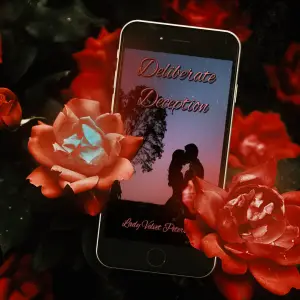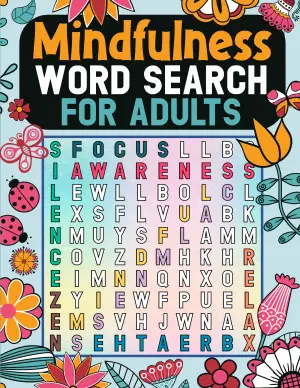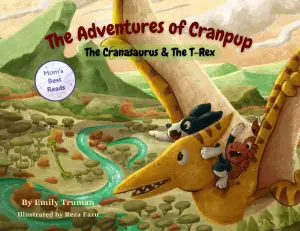Entitled: How Male Privilege Hurts Women – A Personal Reflection
When I first stumbled across Kate Manne’s "Entitled: How Male Privilege Hurts Women," I felt an immediate connection to the title. Having spent countless hours navigating discussions around gender dynamics, I was eager to delve into what I suspected would be another stimulating exploration of patriarchal structures. In a world where we are constantly grappling with concepts of entitlement and privilege, Manne’s work promised a much-needed framework to dissect these issues.
Manne builds on her previous book, "Down Girl: The Logic of Misogyny," positioning herself not as a radical reformer of feminist thought but as an analytic philosopher who aims to organize existing feminist analyses into a coherent narrative. Unfortunately, while I found her conceptual framework both compelling and thought-provoking, my overall reaction mirrored my struggle with her earlier work.
In "Entitled," Manne describes misogyny as the “law enforcement” arm of patriarchy—policing adherence to gender norms—and sexism as its ideological backbone. While I initially appreciated her efforts to clarify the distinctions between these terms, there were instances that left me grappling with their application. For example, she delves into issues like the gendered disparity in household responsibilities and mansplaining, aptly linking them to male entitlement. Her comment that "mansplaining stems from an unwarranted sense of entitlement" resonated deeply with my own experiences navigating conversations online, where male assertiveness can often overshadow female voices.
One of the highlights of the book is her analysis of various pop culture phenomena, including the Aziz Ansari saga, which felt particularly relevant and relatable. However, I often wondered if these discussions leaned too heavily on anecdotal evidence rather than in-depth sociological inquiry. By focusing on these microcosmic examples, I felt the book sometimes glossed over the complex intersectionality of issues like female human trafficking and the experiences of marginalized women, which warranted deeper exploration.
Stylistically, Manne’s writing is sharp and lucid, making complicated philosophical ideas accessible to a broader audience. Still, I often found myself yearning for more empirical backing to her claims, especially when she ventured into the realm of electoral politics and personal narratives—topics that felt a bit disjointed from her analytical prowess. Her statements about Elizabeth Warren’s candidacy, framed through the lens of gendered double standards, brought forth familiar frustrations, yet lacked sufficient context to ground them in the broader sociopolitical landscape.
While I appreciated Manne’s framework for understanding male entitlement, I found it occasionally limiting. There were moments when my skepticism bubbled to the surface, especially regarding her treatment of incels and their grievances. By dismissively categorizing their narratives, I felt she missed an opportunity to engage with the nuanced realities that inform those experiences, even when they are deeply problematic.
Overall, "Entitled" is a provocative read that will resonate with anyone seeking a structured understanding of the manifestations of male privilege in contemporary society. While I shared some reservations about its comprehensiveness and approach, I would still recommend it to readers looking to deepen their understanding of gender dynamics. The book challenged me, sparked dialogue in my mind, and ultimately highlighted the importance of questioning the frameworks we use to interpret our world.
Kate Manne’s "Entitled" may not embody a sweeping reimagining of feminist thought, but it invites us to sharpen our understanding of how entitlement can permeate our lives, illuminating the need for continued examination of the social structures we inhabit. If you’re intrigued by feminist philosophy and social critique, you’ll likely find value in this engaging yet complex exploration of privilege and entitlement.
Discover more about Entitled: How Male Privilege Hurts Women on GoodReads >>






